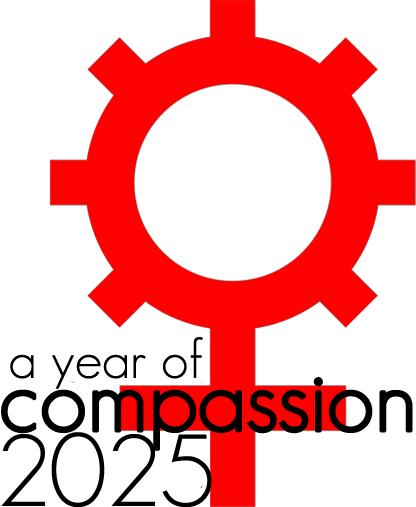Dear Diary,
I’ve said for a few years now ‘Hope is the Mechanism for Meaning.’ In the math equation, ‘a + b = c’ Hope is ‘b.’ You decide what you want to try to accomplish (‘c’), and what you are left with is you and the effort you put in (‘a’). However, what happens when we look at what we want to try to accomplish and determine it to be futile? Futility is another way of expressing meaninglessness in the grand scheme of things. If we no longer believe the results of our actions are going to yield an adequate level of meaning for the effort we invest, the equation falls apart; hope fails.
Yet, the resiliency of people is an often underappreciated facet of the equation. How many times have we used rhetoric to the effect of hopelessness yet we continued the journey anyway? Diminished hope is still hope. If we truly and completely had no hope left, we would cease permanently. However, people have a remarkable capacity to redouble their efforts as opposed to surrendering. People reaching deep in times of duress further cements the relationship between hope and meaning, as people reinforce the ‘why’ they are on the path they have assigned themselves.
“Just try/work harder” isn’t always the answer and is a shortcoming of the culture of the USA. While being willing to get into the trenches and fight may be admirable in certain circumstances, it isn’t a universal solution. There are times when taking time to rest and reflect is the better choice. After all, one can not see through muddy waters and you can not make them clearer by waving your arms about. If you let the waters clear and revisit them, you may find whatever you thought the situation was has resolved itself.
Letting yourself rest can be more difficult than working with an attitude of futility. If you’re working, you can temporarily try to escape yourself, whereas if you take the time to rest, it becomes harder to avoid that confrontation. However, no matter where you go there you are. The Hope Equation can and does, have recency biases; it can look like a + b – R = c whereas R is Recent/unResolved pain. The R is capitalized because negativity tends to outweigh positivity by a large margin in our minds. Dealing with (R) takes a bespoke approach per person, per situation.
We don’t always have answers for how to address (R), and rather than being comfortable with that as an acceptable outcome, we begin to make (R) larger by piling on additional negativity to ourselves. We become angry with ourselves for not being able to eliminate (R) from the equation on demand, and we add guilt to our existing burden for needing time instead of understanding time is often the answer. It is perfectly acceptable to take a journey to the answer, and part of that journey is watching the clouds pass with nary a thought in your mind. Rest isn’t merely the absence of muscle tension, after all.
Big things are comprised of little things. If our larger Hope Equation of a + b – R = c is one we are stuck on because (R) is just too much, shift your focus from that first (c) – we’ll call it (c1). Redefine the (R) from the (c1) Hope Equation into the new (c)-(c2). So, now as we learn more about ourselves, we assign meaning to the obstacle that prevented us previously. If that remains too complex a task continue to break it down until we can look at it step by step instead of feeling overwhelmed by the big picture all at once.
For some things, as we break down the Hope Equation into smaller, more manageable steps, we will discover we are trying to insert our will, control, into things that are uncontrollable at an individual level. In the USA, particularly for some demographics, the idea of not being in control is fundamentally uncomfortable. However, do you know how to make your heart beat? Do you know how to operate your glands, or digest food? How ‘in control’ are you, really? We have this vague notion of consciousness but do you know what that is – other than you are pretty sure you have it?
We do have the capacity to control many things, particularly destructive things, but we also have the ability to allow things to be of their accord. We don’t have to be in the trenches all the time; it is ok to rest, and let some things resolve themselves without our direct input. It is ok to honor the meaning of the work we’ve put in already but not to be bound to that path forever, particularly if that path causes more pain than meaning. If, at the moment, you feel hopeless because all actions lead to futility it is ok to re-evaluate; hope is still there -just momentarily dim. Hope can be bright again, even if we need to take a step back for a bit to rekindle it.
